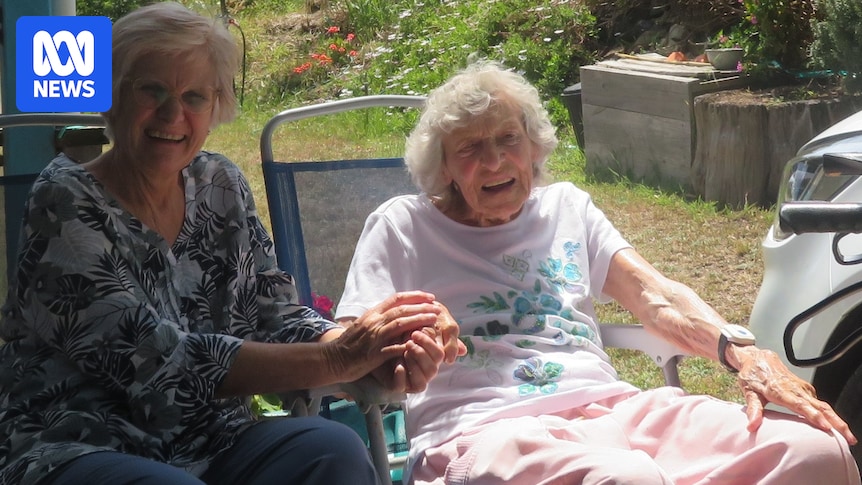A pioneering Tasmanian artist and potter, Eileen Brooker, is being celebrated in a book about her life and career by longtime friend Sue Abdullah.
The book — People, Pottery and Painting — highlights the 103-year-old’s significant contribution…

A pioneering Tasmanian artist and potter, Eileen Brooker, is being celebrated in a book about her life and career by longtime friend Sue Abdullah.
The book — People, Pottery and Painting — highlights the 103-year-old’s significant contribution…